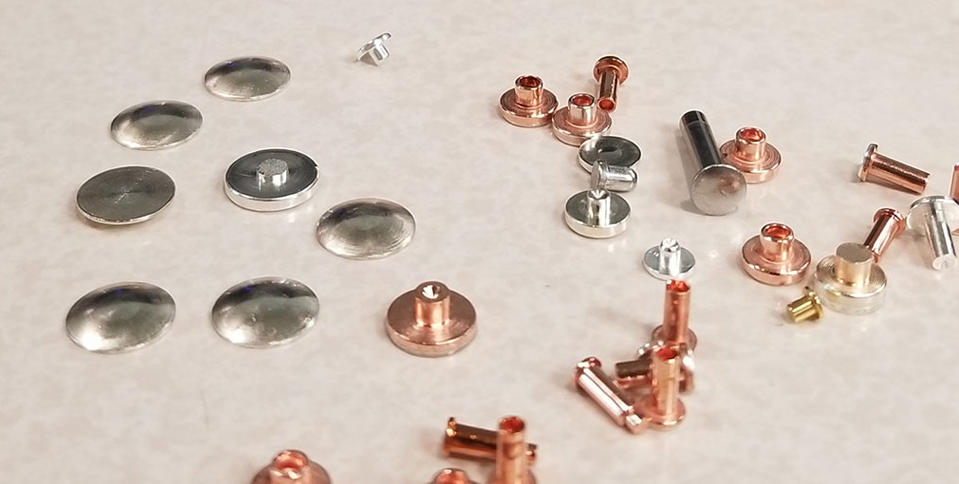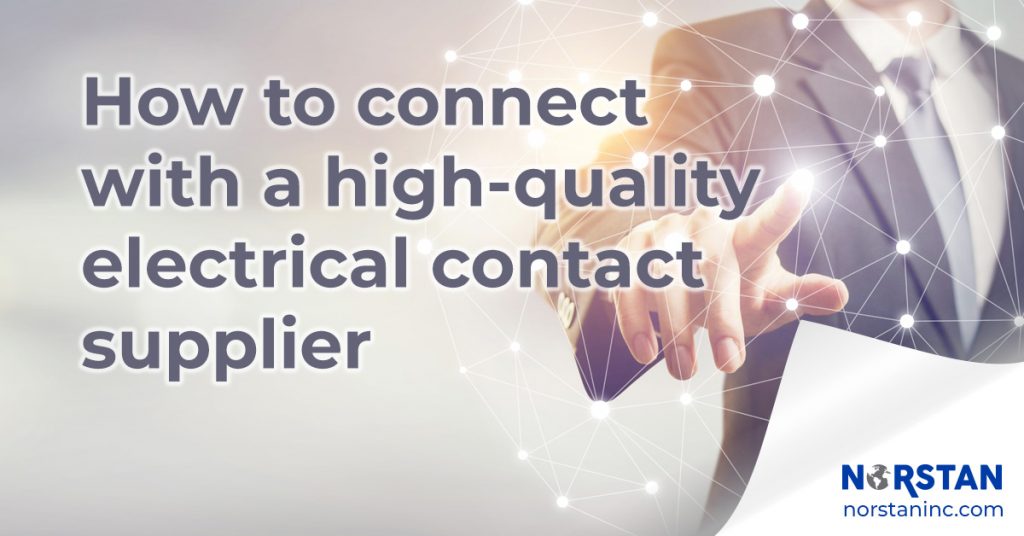-
Call us
262-947-0707
Call us
262-947-0707

When it comes to electricity, a strong connection makes everything go. Current flows unimpeded, like a superhighway of electrons, and your machine works efficiently. It’s no different when you’re selecting an electrical contact supplier.
A partner with the right capabilities and qualities can energize your project and can result in a successful switch design. But the wrong supplier can be like a horrendous traffic jam – endless delays, questionable detours, application problems and even embarrassing failures.
This is the most important quality of all.
Your ideal electrical contact supplier needs to have deep knowledge of theoretical and applied metallurgy, especially material qualities and limitations. Your supplier partner needs to anticipate how various metals and alloys will behave under a variety of conditions as an integral component in your products.
The supplier you select also needs to have a solid prototyping and testing process, because electrical contact design is equal parts art and science. In other words, the exact behavior of electrical contacts within a switch can only be discerned through sampling and testing. Your supplier should have a proven process for reaching the optimum contact design and material. It should meet your requirements and do so at a reasonable price.
Hugo Francisco, the president of Norstan, is one of the world’s leading experts on electrical contacts. His decades of knowledge and experience enable you to achieve the right solution for your application, while also avoiding pitfalls that could shorten contact life and cause premature switch failures.
Ideally, your electrical contact supplier should have deep expertise in the electrical properties of metals, specifically:
For best results, your electrical contact supplier must deeply understand the ways in which the shape and thickness of an electrical contact can affect its mechanical performance:
Ideally, your electrical contact supplier needs to have a solid working knowledge of the environmental factors it will be exposed to, and how they are likely to impact electrical contact life:
Your electrical contact supplier needs to be an effective partner, analyzing your switch designs with an eye toward manufacturability:
For best results, your electrical contact supplier should also have extensive tooling and metal forming expertise in house. Why? Because many designs require multiple iterations to create a design that meets all of the mechanical and cost requirements of the project. Your supplier team should be able to iterate quickly – which can only happen if they have these capabilities in-house.
Ultimately, your electrical contact supplier needs to be able to look at your switch design and ask the right questions about its application. From there, it needs to discern potential problem areas and help you tweak your designs to solve them. That requires in-depth knowledge of metallurgy, mechanical factors and other key disciplines that many suppliers don’t have. Their superficial knowledge means you take on greater risk. No one needs that!
Norstan has an unparalleled depth of metallurgical and application knowledge that we can use to help you optimize the design of the electrical contacts in your switches.
Ask Hugo A Question .